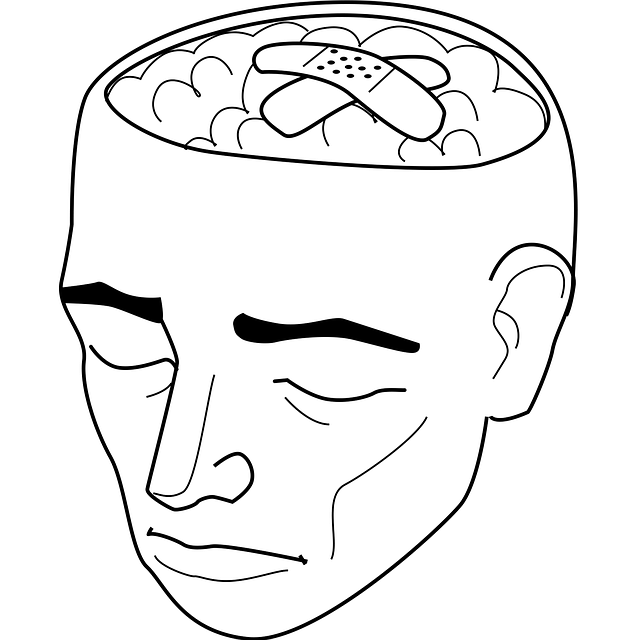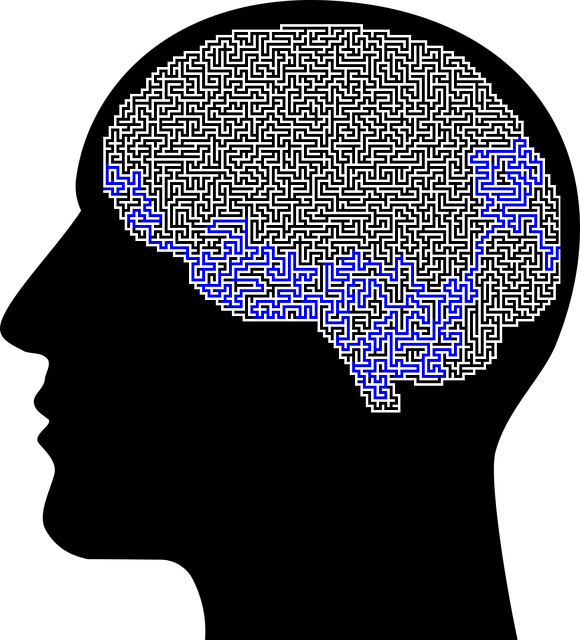Lafayette Gambling Therapy offers comprehensive crisis intervention services for individuals struggling with gambling addiction. By combining emotional regulation techniques, stress management workshops, and evidence-based models like CIM and MBT, they stabilize clients in distress, provide immediate support, and connect them with longer-term care options. Their safe space approach, characterized by active listening, empathy, and simple language, empowers clients to develop self-care routines for improved mental health while fostering community resilience through post-crisis support and prevention planning.
At Lafayette Gambling Therapy, we understand that crises can arise suddenly, demanding immediate and effective intervention. This article offers a comprehensive guide to crisis intervention strategies tailored specifically for our therapy setting. From recognizing red flags like distressing gambling behaviors to implementing calming communication techniques, each section equips professionals with tools to manage crises safely. We delve into post-crisis support and prevention planning to foster resilience, ensuring individuals receive holistic care at Lafayette Gambling Therapy.
- Understanding Crisis Intervention: A Brief Overview for Lafayette Gambling Therapy
- Identifying Red Flags: Recognizing Signs of Distress in Gambling Addiction Cases
- Immediate Response Strategies for Effective Crisis Management at Lafayette Gambling Therapy
- Creating a Safe Space: Environment and Communication Techniques to Calm Individuals in Crisis
- Post-Crisis Support and Prevention Planning: Building Resilience for Future Challenges
Understanding Crisis Intervention: A Brief Overview for Lafayette Gambling Therapy

Crisis intervention is a critical component of mental health support, offering immediate assistance during times of intense distress or traumatic events. For Lafayette Gambling Therapy, understanding and implementing effective crisis intervention strategies are essential to aid individuals struggling with gambling-related issues. This approach focuses on stabilizing the person, providing reassurance, and helping them cope in the moment while also connecting them to longer-term care options.
By integrating emotional regulation techniques and stress management workshops, Lafayette Gambling Therapy can empower clients to develop self-care routines for better mental health. These strategies may include breathing exercises, mindfulness practices, and cognitive reframing skills, enabling individuals to manage crises more effectively. Such interventions not only address the immediate crisis but also foster resilience and coping mechanisms, ensuring a holistic approach to gambling therapy.
Identifying Red Flags: Recognizing Signs of Distress in Gambling Addiction Cases

In the context of Lafayette Gambling Therapy, identifying red flags is a vital first step in crisis intervention. Recognizing signs of distress related to gambling addiction involves understanding behavioral changes and emotional cues. Individuals struggling with addiction may exhibit heightened irritability, rapid mood swings, or excessive secrecy regarding their online activities, particularly when it comes to financial transactions. They might also show a decline in personal hygiene, neglect responsibilities at work or home, and experience dramatic changes in appetite or sleep patterns.
Mental Health Education Programs Design can equip individuals with the knowledge to recognize these red flags not only for themselves but also for loved ones. Building resilience and self-esteem improvement techniques are integral components of this process, as they foster healthier coping mechanisms and a positive sense of self, ultimately reducing vulnerability to gambling addiction and enhancing recovery outcomes.
Immediate Response Strategies for Effective Crisis Management at Lafayette Gambling Therapy

At Lafayette Gambling Therapy, immediate response strategies form the cornerstone of our effective crisis management approach. When individuals face a mental health crisis, especially related to gambling addiction, every second counts. Our trained professionals are equipped with evidence-based techniques to provide prompt and compassionate support. By employing these immediate response strategies, we aim to stabilize the individual, ensure their safety, and initiate the journey towards recovery.
The process involves active listening, empathy, and tailored interventions. Our therapists use crisis intervention models like the Crisis Intervention Model (CIM) and Mentalization-Based Treatment (MBT) to assess the situation, understand underlying factors, and offer targeted solutions. By fostering a sense of safety and trust, we encourage individuals to open up about their experiences, including any history of trauma or mental health struggles. This holistic approach, combined with promoting positive thinking and mental wellness, paves the way for comprehensive trauma support services tailored to each client’s unique needs at Lafayette Gambling Therapy.
Creating a Safe Space: Environment and Communication Techniques to Calm Individuals in Crisis

Creating a safe space is an essential component of crisis intervention. The environment plays a crucial role in de-escalating individuals during moments of distress, and it’s where Lafayette Gambling Therapy truly shines. By fostering a calm and supportive atmosphere, therapists can help clients feel more comfortable and open to sharing their experiences. Techniques such as active listening, non-verbal cues like maintaining eye contact, and gentle physical touch (when appropriate) contribute to building empathy and trust.
Effective communication is another vital tool. Using simple and clear language, reflecting the client’s emotions back to them, and validating their feelings can help individuals feel understood and less alone. Encouraging clients to engage in mindfulness meditation or sharing relevant mental wellness podcast series production can also be beneficial, offering moments of respite and promoting self-awareness during crises.
Post-Crisis Support and Prevention Planning: Building Resilience for Future Challenges

Post-crisis support is a critical component of crisis intervention strategies, aimed at helping individuals and communities recover and build resilience. After an incident, offering immediate assistance allows for the processing of emotions, fostering a sense of safety, and encouraging open communication. This phase involves providing a supportive environment, actively listening to affected parties, and offering practical help in meeting their basic needs. Lafayette Gambling Therapy, for instance, focuses on addressing specific issues like mood management after a crisis, as emotional regulation is key to recovery.
Additionally, prevention planning is an essential aspect of long-term crisis management. It involves identifying potential triggers, developing coping strategies, and enhancing mental health awareness. By implementing empathy building strategies, communities can foster an environment where individuals feel understood and supported. This proactive approach equips people with the tools to navigate future challenges, thereby reducing the likelihood and impact of subsequent crises. Mental health awareness plays a pivotal role here, encouraging early intervention and promoting healthy coping mechanisms.
Lafayette Gambling Therapy’s comprehensive crisis intervention strategies offer a lifeline to those struggling with addiction. By understanding red flags, implementing immediate response techniques, and creating safe spaces, we can effectively manage crises and build resilience. Post-crisis support and prevention planning further strengthen our approach, ensuring individuals receive the ongoing care they need to overcome challenges and embrace recovery. With these evidence-based strategies, Lafayette Gambling Therapy continues to be a beacon of hope for those navigating the complexities of gambling addiction.














